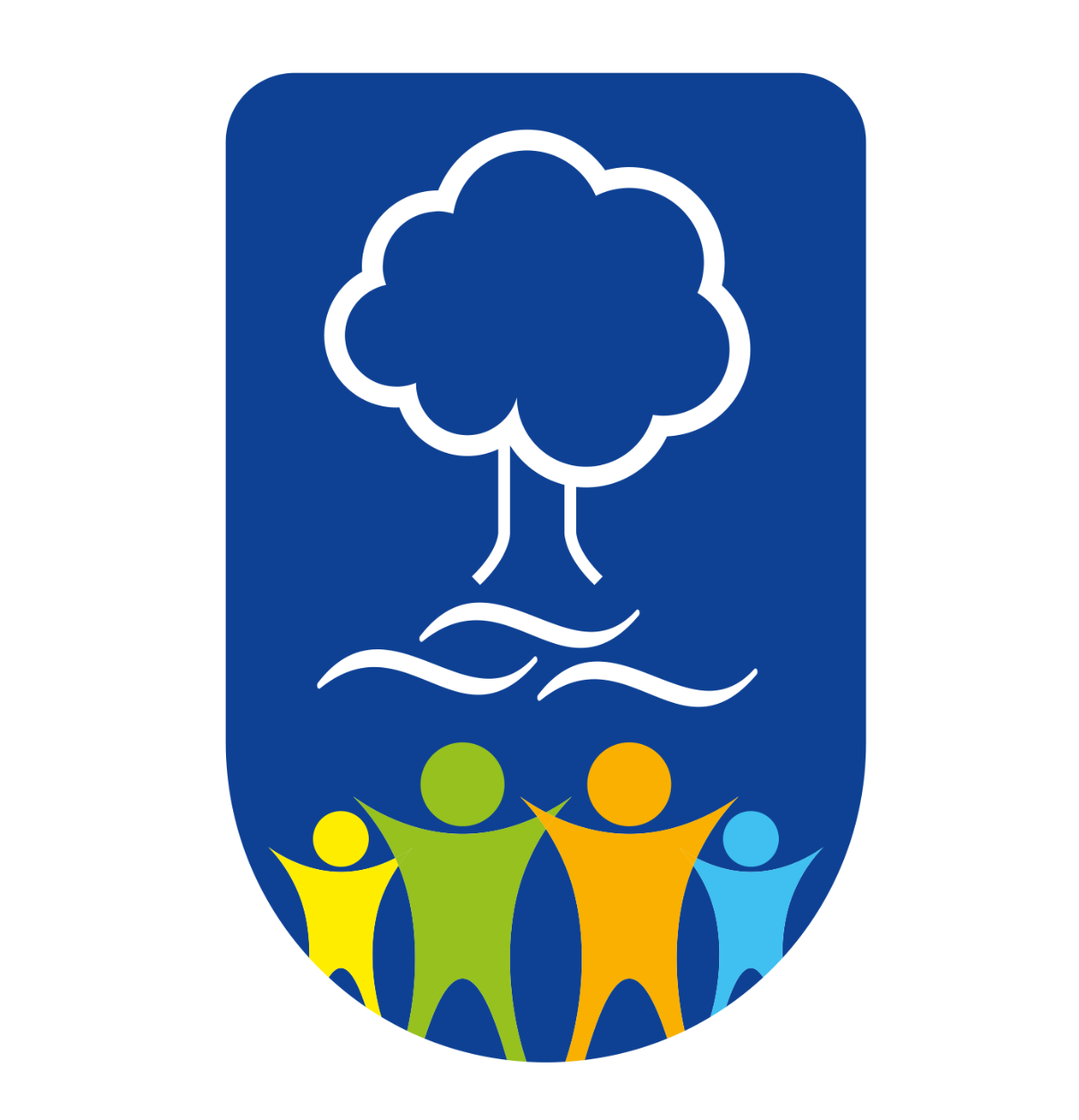Music


Intent
Research has shown that Music is beneficial to our mental wellbeing, not just from the point of view of entertainment but that Music and Music Education and therapies have a physiological effect on the brain that improves mental health (Brain Behav Immun Health. 2021 Dec). As the ‘Model Music Curriculum’ states ‘Music is all around us. It is the soundtrack to our lives. Music connects us through people and places in our ever-changing world. It is creative, collaborative, celebratory and challenging.’ (DfE, The Model Music Curriculum, Key stages 1 and 2, 2021).
With this in mind, our school believes that music is an important element of the curriculum and that children have the right to access it at an appropriate level across all year groups. Music allows children to flourish in a different way and explore their creativity through a performance based area. Whether we are singing, playing, or listening, we develop our aural discrimination through music, which is an important part of communication and literacy.
Through music, we are provided with a powerful universal language which helps promote unity, enables us to process and express our emotions and fuels our imagination. Music is important in developing individual discipline, focus and memory.
Together with guidance from the Dimensions curriculum our Music lessons aim to:
- Give opportunities for pupils to listen carefully, fine-tuning their auditory skills and develop their ability to evaluate and appraise.
- Increase pupils’ confidence through self-expression and performance, as well as providing a sense of achievement.
- Provide pupils with a range of vocabulary to describe features of different musical styles and genres so they can articulate their responses towards these.
- Help pupils appreciate and understand a wide range of cultures.
- Improve their use of voice through singing.
- Provide pupils with the opportunity to use technology appropriately, to enhance and communicate their own compositions and performances.
Implementation
Music is taught through thematic units, both through Skills Development Tasks and through learning which skills should be applied to a particular task. The Satellite View maps out which thematic units feature this subject, and clearly shows the objectives taught including key vocabulary, knowledge and skills progression. Music is taught through a combination of subject knowledge and composing, performing, listening and appraising skills. Learning may take place both inside and outside the classroom.
The knowledge building blocks that are revisited throughout the curriculum are:
- Instrumentation,
- Notation,
- Cultural Understanding,
- Inter-related dimensions of Music,
- Singing,
- Listening and appraising with musical vocabulary
Who and what will be learnt about in Music?
Pupils will learn about a range of famous composers from history, such as J.S. Bach, Ludwig Van Beethoven and Rimsky-Korsakov. They will also learn about more contemporary composers, such as Andrew Lloyd-Webber.
Pupils will be taught about the following musical principles:
- Notation
- Graphic scores Signs and symbols
This will be achieved by exploring a range of the following areas:
Singing
Sea shanties
Folk songs
National anthems Slave songs
Battle chants
War songs
Cyclic patterns
Instrument families Evolution of instruments
African music, including drumming
Celtic music
Hannukah music Jingles
Film music
Musicals
Inuit throat singin
As a school we also offer a range of extended musical opportunities for our children which includes:
- Peripatetic instrument lessons for KS2 provided by NMPAT.
- Peripatetic electric instrument lessons provided by RockSteady.
- First Access instrument lessons for one KS2 year group annually provided by NMPAT.
- A choir club, culminating in a mass choir event organised by Young Voices.
- Orchestral concerts provided by NMPAT.
Impact
Assessments are made over time as children use correct vocabulary to critique and evaluate work. Lessons will begin with a review of previous learning in the form of questioning and retrieval quizzes. Children can also be assessed on their control and precision when using musical instruments and/or voice.
Teachers assess children’s knowledge, understanding and skills in Music by making observations within class and by analysis of any written evidence. As part of our assessment for learning process, children will receive both verbal and written feedback as appropriate, as a means of development.
More information can be found in the documents below, including our school's music development plan.

